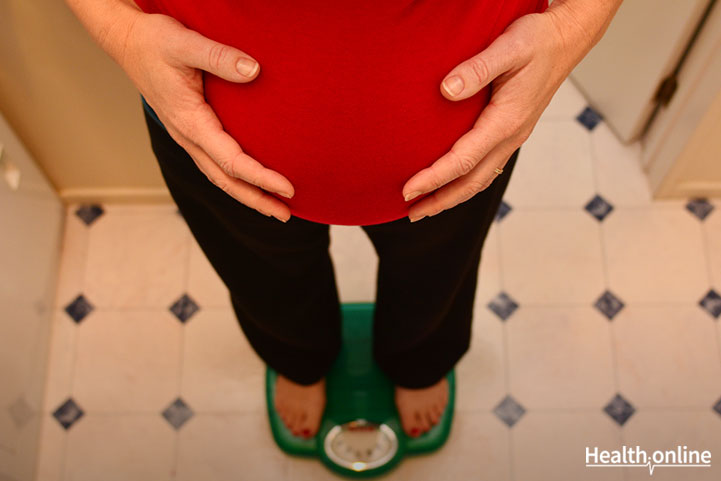
Pregnancy Complications of Obese Women
Pregnancy is a period when women go through a lot of emotional, physical, and cognitive changes . All these changes get augmented when they co-exist with other co-morbid conditions like obesity. Obesity is a serious epidemic today. With a large number of people resorting to a sedentary lifestyle, an increasing number of women are becoming obese at an early age. Technology brings everything to our doorstep making us move less and all those empty calories that accumulate in your system during partying, drinking, and reckless eating etc. don’t help matters either.
Pregnancy and obesity together put a woman in an altogether different league of risk among expectant mothers. Read on to be informed about the complications associated with obesity during pregnancy. The complications can directly or indirectly affect both the mother and the fetus.
Diabetes in pregnancy
You may probably be aware of the fact that diabetes is bootstrapped to obesity . In pregnancy, it causes a condition called gestational diabetes. Women with gestational diabetes mellitus are considered to be at high risk, and therefore considered for cesarean section. The aftermath of gestational diabetes may long extend into the future, even after delivery.
Elevated blood pressure
Obesity may lead to the elevation of blood pressure in the mother which affects kidney and liver. This condition, known as pre eclampsia, is serious especially when it leads to seizures or stroke.
Seizures
The elevated blood pressure, when not adequately monitored, leads to seizures. This is called eclampsia and is severely detrimental to maternal and fetal health.
Loss of pregnancy
Research shows that the risk of losing the baby is higher in women with obesity in the form of miscarriages. The risk of stillbirth is higher in women with severe obesity.
Fetal neural tube defects
Obesity in the mother is said to hamper organogenesis, leading to fetal neural tube defects. This affects the entire process of the development of the neural system. The development of the nervous system is halted or disturbed at various stages depending on the severity of obesity.
Fetal cardiovascular defects
Chemical substances regulate organogenesis in the body. When the mother is obese, it leads to the alteration of these chemicals, leading to cardiovascular defects.
Preterm babies
The incidence of preterm labor is higher in women with severe obesity.
Difficulty in ultrasound examination
The gold standard for pregnancy evaluation is ultrasound examination. When there is a large pad of fat between the probe and the uterus, it offers fewer details. This makes it difficult to assess the growth and development of the baby. Even during labor, monitoring the heart rate of the fetus becomes difficult.
Large babies
Obese mothers give birth to overweight babies. This is called as macrosomia. The disadvantages of macrosomia are many. Firstly, the labor becomes very difficult, leading to cesarean section. Secondly, the complications of labor are higher in such cases. Finally, the chances of the baby being obese for a lifetime become stronger.
Affects labor
Obesity leads to prolonged labor, thereby increasing the chances of postpartum infection and associated complications. There is also greater bleeding during labor.
So, what should you do if you are obese?
The real question is whether you are already pregnant or not. If you are planning to become pregnant soon, and you are obese, then you must seriously consider losing weight. Assess your BMI and check how obese you are. Severe obesity requires immediate attention. As with all weight loss programs you have to start with diet and blend in different forms of exercises such as yoga, cardio, strength training, Tabata, etc. to lose weight faster.
But if you are already pregnant and obese, then you have to monitor your weight carefully. Engage in low impact activities like walking and swimming. Yoga for pregnant women is another option. Diet again plays an important role. You have to ensure that you provide enough nutrients to the baby, as well as yourself, without piling up those extra calories.
You should regularly visit your obstetrician to get guidance on how to manage your pregnancy. Always remember that obesity in pregnancy is manageable if you fully cooperate with your medicos. After delivery, you must make sure that you lose those extra pounds of pregnancy sooner.
Recommended Video: 5 Great Benefits of Tabata Training




